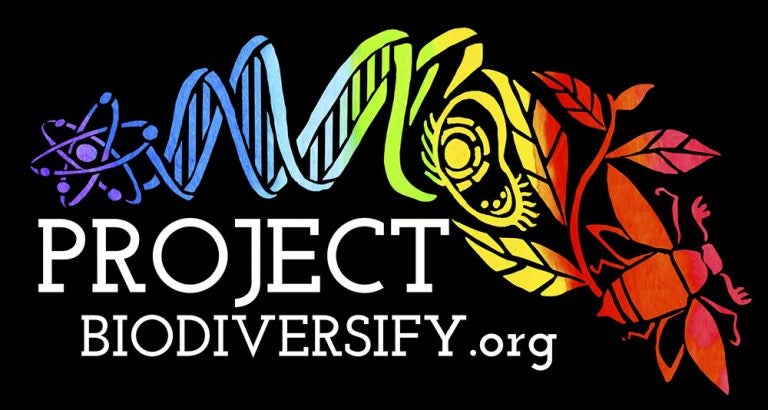From Small Pond Science by Project Biodiversify We contain multitudes. Our courses should reflect this. We contain multitudes. Like an ecological niche, a person’s identity is composed of infinite dimensions that make up a person or group’s collective identity space (Figure 1). However, in science – a discipline that has historically valued objective and…
Category: Ecology and Evolutionary Biology
Logistics behind field experiment (Part II)
by Sara Colom, graduate student in the Department of Ecology and Evolutionary Biology at the University of Michigan Aside from a good experimental design (see Part I blog for tips), a crucial component for a successful field experiment is management of materials, time and help (i.e., volunteers, hired help). Some ideas, when first verbalized seem…
Introduction to the Teach-In: Reclaiming Our Campus
Aaron King We appreciate Aaron sharing the text of his introduction to the Teach-In: Reclaiming Our Campus, March 15, 2018 by Aaron King, University of Michigan professor of ecology and evolutionary biology; mathematics, Center for the Study of Complex Systems; Center for Computational Medicine and Bioinformatics We come together at a time in our shared…
Love stings: sexual selection on wasp spots
Polistes dominulus female on nest. Image from Wikipedia commons. by Emily Laub (co-editor-in-chief, Evobites) is an evolutionary biologist and behavioral ecologist who is a PhD student at the University of Michigan in ecology and evolutionary biology Sexual selection has resulted in some of the most flamboyant and outrageous ornaments in the natural world. The flashy plumes of…
Who is ecology’s equivalent of Erdős?
From Dynamic Ecology by Meghan Duffy, a University of Michigan ecologist and associate professor in the Department of Ecology and Evolutionary Biology Paul Erdős was a prolific Hungarian mathematician who spent much of the later part of his career traveling to visit collaborators around the world. According to his Wikipedia biography, Erdős published around 1,500…
Poll: What’s your preferred teaching arrangement?
From Dynamic Ecology by Meghan Duffy, a University of Michigan ecologist and associate professor in the Department of Ecology and Evolutionary Biology Recently, there was a twitter discussionabout whether to compress all teaching into one semester. I suspect this discussion is most relevant to folks at research-oriented institutions, since high teaching loads at teaching-oriented institutions…
#ScanAllSnakes (yes, all of them!)
From Michigan Biodiversity Asian mock vipers, Psammodynastes pulverulentus. Images: Wikipedia The Rabosky and Davis Rabosky labs at the University of Michigan are generating high-resolution computed tomography (CT) scans for all of the world’s snakes – and will make these data publicly available for use by the research community, with no restrictions. This idea is motivated by…
UMMZ ornithology expedition to Kyrgyzstan is first in 50 years
Lenin Peak (23,406 ft.) in the Pamir-Alay Mountains of SW Kyrgyzstan. Image credits this page: Michael Harvey. by Michael Harvey, a University of Michigan postdoctoral fellow in ecology and evolutionary biology The steep slopes of the Tien Shan mountain range are well covered by grazers. To access patches of taller vegetation, it’s necessary to traverse…
The M-Sci program completes its seventh summer session
M-Sci students Mustafa Sami and Arielle Ewing answer questions posed by judges from Biological Anthropology. by Lisa Bradshaw, a University of Michigan lecturer in the Department of Ecology and Evolutionary Biology in Ann Arbor and the Department of Natural Sciences in Dearborn Last Thursday I had the pleasure of watching the M-Sci Summer Program students…
UM EEB Ph.D. alumnus blogging for the New York Times from Madagascar
From the New York Times, Wednesday, June 22, 2011, Scientist at Work, Notes From the Field blog by John S. Sparks, UM EEB Ph.D. alumnus (2001) and Christopher Braun. Sparks, curator of ichthyology at the American Museum of Natural History, writes from Madagascar, where he is studying cave fish. Sparks was a student of Professor…


